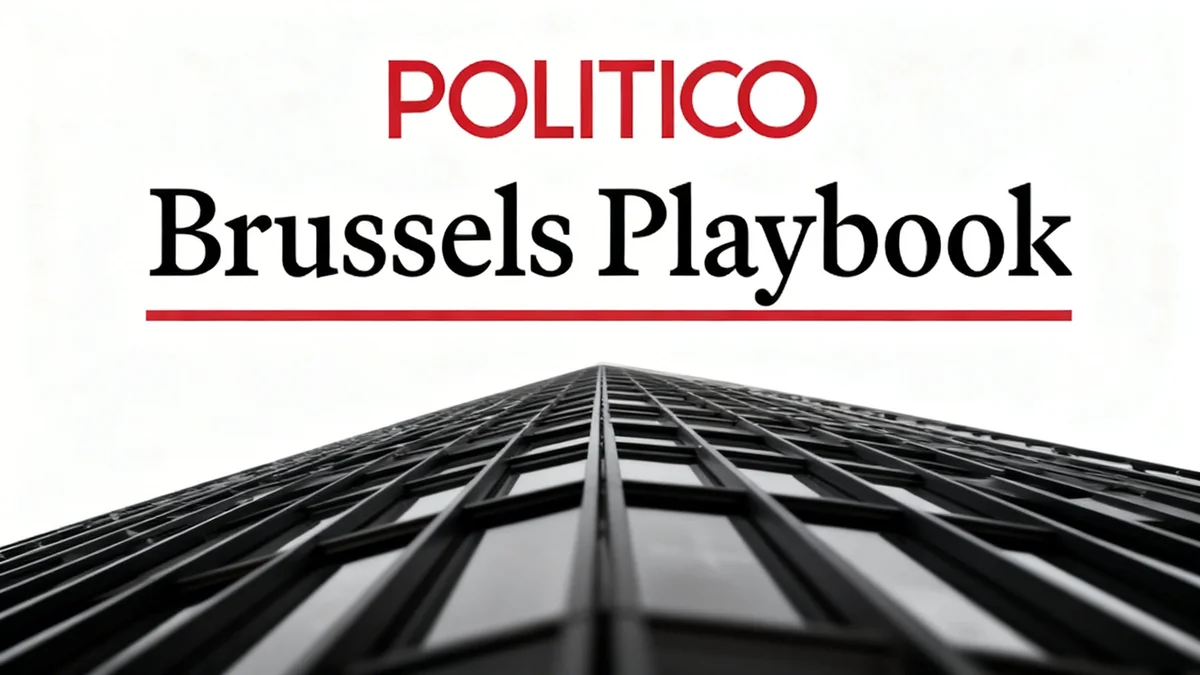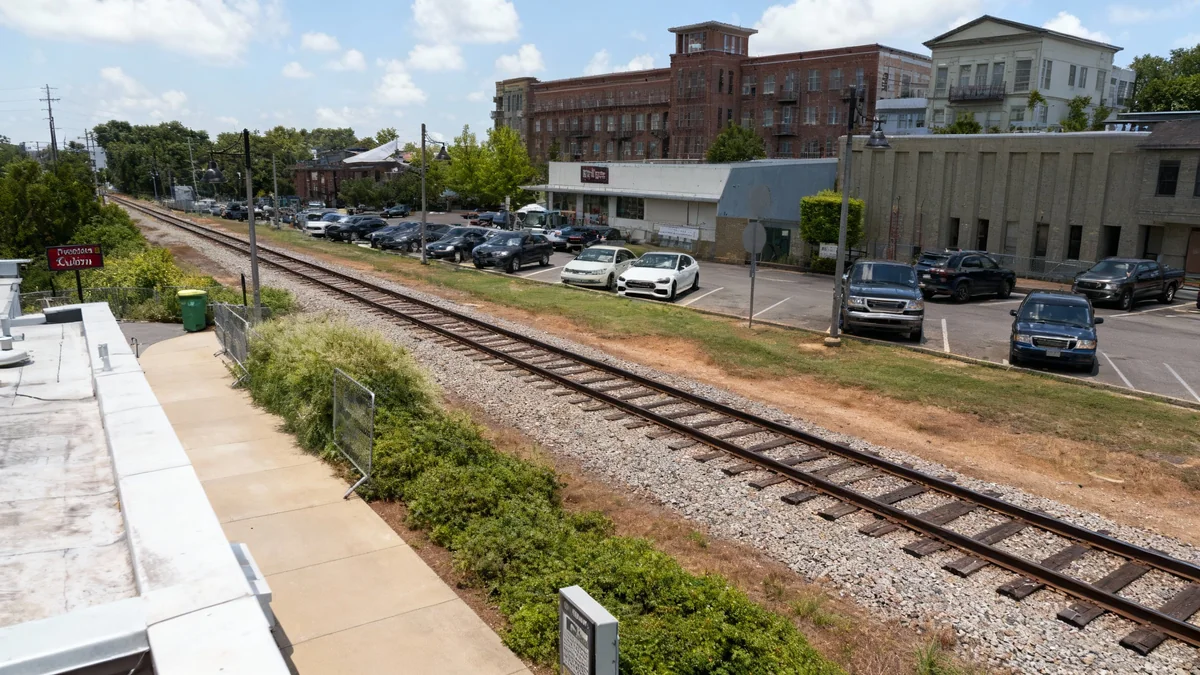Some rail commuters in the Thames Valley region are now facing a nearly 10% increase in their train fares. Great Western Railway (GWR) implemented these price adjustments on September 8, impacting services from key stations like Newbury, Reading, and Oxford. The changes have sparked frustration among daily travelers, with some describing the new prices as 'ridiculous' and 'crazy'.
Key Takeaways
- GWR increased some Thames Valley rail fares by up to 9.9% on September 8.
- Affected routes include services from Newbury, Reading, and Oxford to London Paddington.
- Anytime single tickets to London Paddington saw a 9.9% rise, while other fares increased by 5%.
- These unregulated fare increases affect less than 4% of GWR's total fare structure.
- Commuters report significant financial strain, with some considering working from home or taking second jobs.
Significant Fare Hikes for Unregulated Tickets
Great Western Railway has implemented a notable increase in certain ticket prices. Specifically, anytime single tickets for travel to London Paddington experienced a 9.9% rise. Other fares originating from Thames Valley stations saw a 5% increase. These adjustments took effect on September 8 and apply to a specific segment of GWR's pricing structure.
According to GWR, these increases affect fewer than 4% of the fares they directly control. The company stated that the aim of these adjustments is to "strike the right balance between affordable public transport and responsible stewardship of public funds." This statement highlights the ongoing challenge of balancing operational costs with passenger affordability.
Current Peak-Time Single Fares to London Paddington:
- Newbury: £44 (without a railcard)
- Oxford: £47.20 (without a railcard)
- Reading: £35.10 (without a railcard)
For instance, an anytime return fare from Oxford and nearby stations has also increased by 9.9%, moving from £84.80 to £93.20. These figures represent a considerable jump for regular commuters.
Understanding Regulated Versus Unregulated Fares
The UK's rail fare system has two main categories: regulated and unregulated fares. Regulated fares are those set by the government annually in March. These typically include most season tickets, some off-peak return tickets for long-distance journeys, and flexible return tickets used for travel within and around cities. This year, regulated fares saw an increase of 4.6%.
How Rail Fares Are Set
The government determines regulated fares once a year, usually in March. However, train operating companies have the authority to set their own prices for all other ticket types. These are known as unregulated fares. Operators can adjust these unregulated prices at different times, often in May and September, in addition to the annual March review.
In contrast, rail operators set their own prices for unregulated fares. These can be adjusted more frequently, typically in May and September. The recent increases in the Thames Valley fall under this unregulated category. Since January, the price of an anytime day single ticket from the Thames Valley to London Paddington has increased by nearly 15%, reflecting multiple adjustments throughout the year.
Commuter Frustration and Calls for Reform
The recent fare increases have generated strong reactions from commuters. Many express concern about the rising cost of travel, particularly during a period of broader economic pressure. The unexpected timing of these mid-year hikes has added to the frustration.
"It's so ridiculously expensive," said Kayleigh Watson, who commutes from Newbury to London. "It's not even an hour-long journey, it just seems like such a crazy price. How are young people going to start out in a job when they can't they afford to rent in London and are having to stay at home, but still pay so much to commute?"
This sentiment is shared by others. Ellie, who recently moved to Newbury from London, is now considering taking on a second job on weekends to cover her commuting costs. "It seems extreme to have to take on an extra job just to supplement the travel costs of my day job," she stated. This highlights the significant financial burden faced by some travelers.
Impact on Commuters:
- Some commuters are negotiating with employers for more work-from-home days.
- Others are seeking second jobs to offset increased travel expenses.
- Lack of prior communication about the fare rises has been a point of contention for some passengers.
Ben Plowden, chief executive of the Campaign for Better Transport, emphasized the need for a comprehensive reform of the UK's rail fares and ticketing system. He noted that the cost of rail travel acts as a significant barrier to encouraging more people to use trains. "Ever rising fares are putting people off using the railways and making train travel increasingly unaffordable," Plowden added.
Lack of Communication Adds to Traveler Concerns
Several commuters also reported a lack of communication regarding the fare adjustments. Conrad Wiacek, a Newbury commuter, stated, "There was absolutely no communication of the price rise whatsoever. They just did it." This lack of advance notice can make it difficult for travelers to budget and plan their expenses effectively.
While an individual fare increase of a few pounds might seem minor, it accumulates quickly for those who travel multiple times a week. "In isolation, a rise of a few pounds doesn't seem like a lot, but that really adds up when you do that journey a couple of times a week," Wiacek explained. This cumulative effect can significantly impact household budgets over time.
The ongoing debate over rail fare affordability continues to be a central issue for public transport users and advocacy groups alike. The recent increases underscore the challenges in balancing operational costs, infrastructure investment, and the financial well-being of daily commuters.





